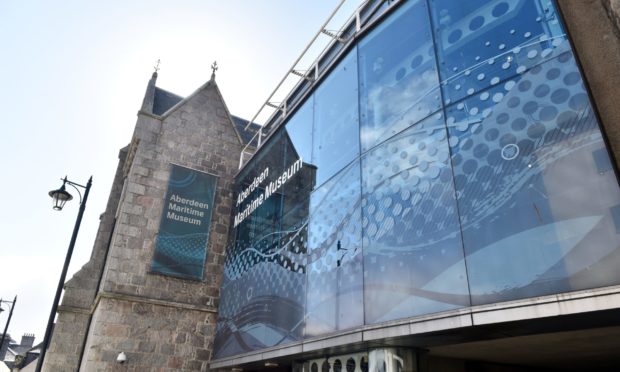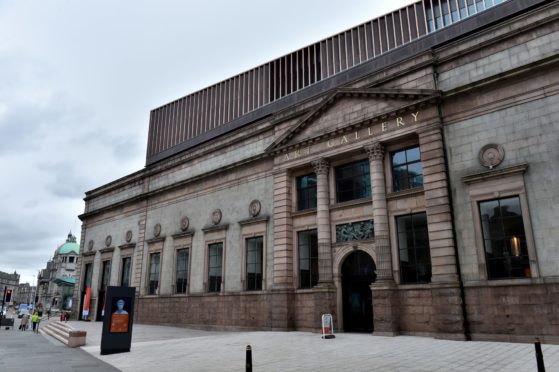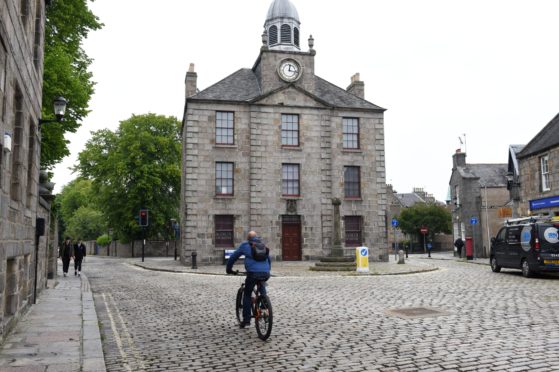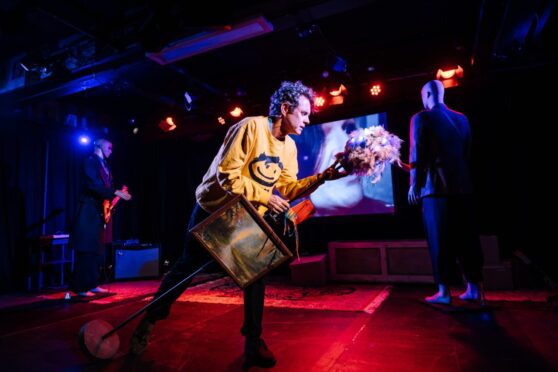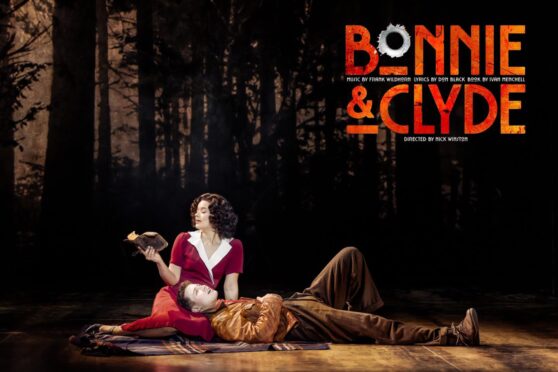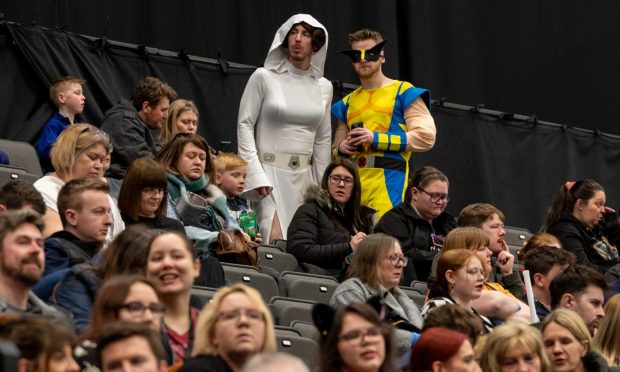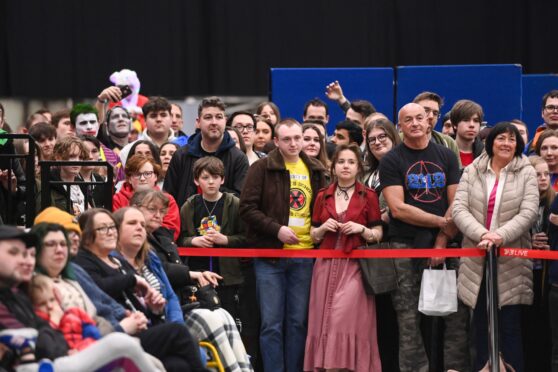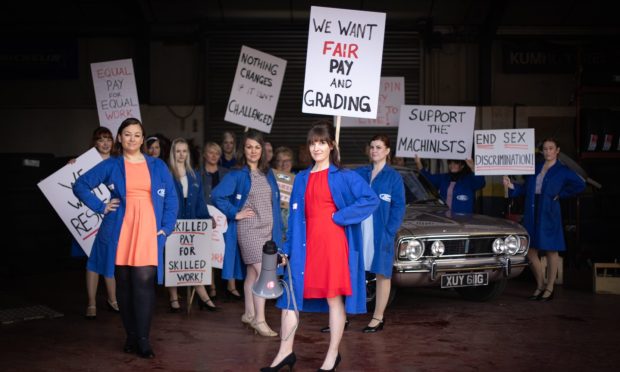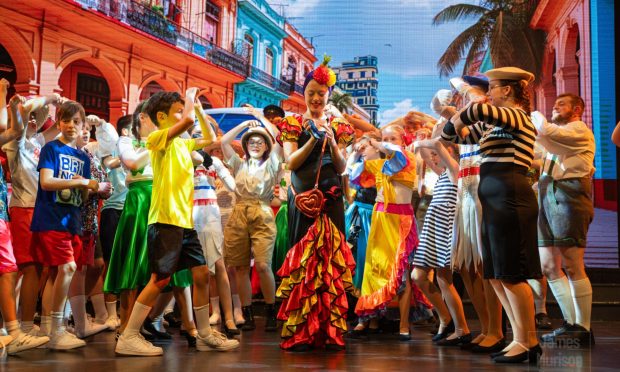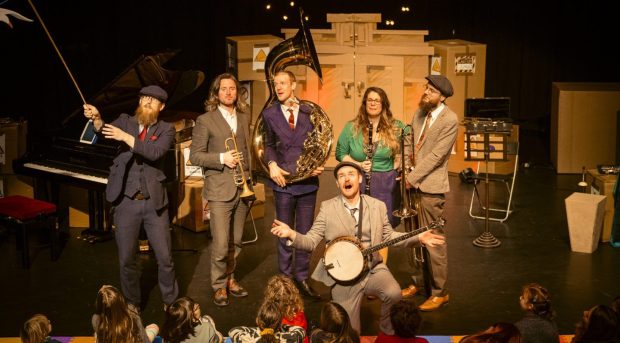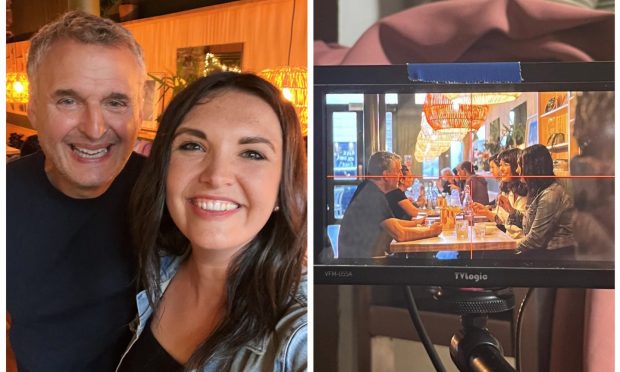Museum bosses have warned many venues across Scotland may not reopen as a result of the “fatal” financial impact of Covid-19.
Research from 10 local authorities and museum services – including Aberdeen City Council, High Life Highland and the Western Isles Council – suggests up to 90% of museums’ income would be lost as a result of the pandemic.
A report drawing on the research says none of the 10 local organisations – which also cover Edinburgh, Glasgow, Dundee, the Borders, Dumfries and Galloway, East Lothian and Falkirk – have yet reopened all of their venues, as several of them are not considered economically viable.
Most of the local authorities and services are taking a staged approach to reopening. In Aberdeen, only the art gallery has welcomed back visitors since lockdown, with the Maritime Museum, Treasure Hub, Tolbooth Museum and Provost Skene’s House still shut.
The report suggests some well-known venues around the country are among those that may never reopen.
Scotland’s representative bodies for museums warns that the combined impact of income loss, local government cuts and “limited” emergency support would be to blame if permanent closures result.
The five bodies – Museums Association, Association of Independent Museums; Industrial Museums Scotland, Scottish Museums Federation and University Museums In Scotland – claimed the Scottish Government’s £4million investment in the sector did not go far enough.
They said the Museums Recovery and Resilience Fund will provide “invaluable support”, but will only help independent museums – putting civic museums at “particular risk”.
The body argued that the funding makes up only a small proportion of the £97m allocated by the Treasury to protect culture from the effects of the pandemic.
‘A critical role’
Sharon Heal, director of the Museums Association, said: “We are deeply concerned about the plight of civic museums in Scotland.
“Local authorities are in a difficult position because of the extra costs associated with dealing with Covid-19 and the prospect of future cuts to their budgets.
“We are already hearing of major local authorities that are considering not funding their museums and galleries because they are non-statutory services. We are deeply concerned that some museums will not be able to reopen after lockdown.
“Museums are vital civic spaces and can play a critical role in rebuilding and recovery with their communities – but they need funding to be able to do that.”
University museums also face their own financial peril, after warnings of a deficit of £191m in the Scottish universities sector.
The organisation University Museums In Scotland (UMIS), which links nine higher education museum services across the country including those of Aberdeen and the Robert Gordon universities, has warned that they could be damaged by the impact of losses.
It has called for the Scottish Government to fill the gap faced by venues not eligible for the resilience fund and to work alongside the museum sector, higher education institutions and the Scottish Funding Council to plan for the long-term future.
‘Museums give context to society’
Duncan Dornan, head of Glasgow Museums, said: “Museums are fundamental to our understanding of who we are and the world around us. It’s what builds profound connections between museums, the collections they hold and generation after generation of visitors.
“Any measure which directly supports museums everywhere will allow these loved and appreciated institutions to continue to work in all our interests and save many from the worst of outcomes.”
Jacky MacBeath, convener of University Museums in Scotland, said: “Museums, our collections and, most importantly, our activities engage, challenge and give context to contemporary society. They allow us to reflect on and learn from our shared past, reinforcing community identity and providing us with lessons for the future.
“Without ongoing support for the full range of museums contributing to the unique cultural landscape of Scotland, the sharing and use of our collections for the benefit of our communities is at risk.”
